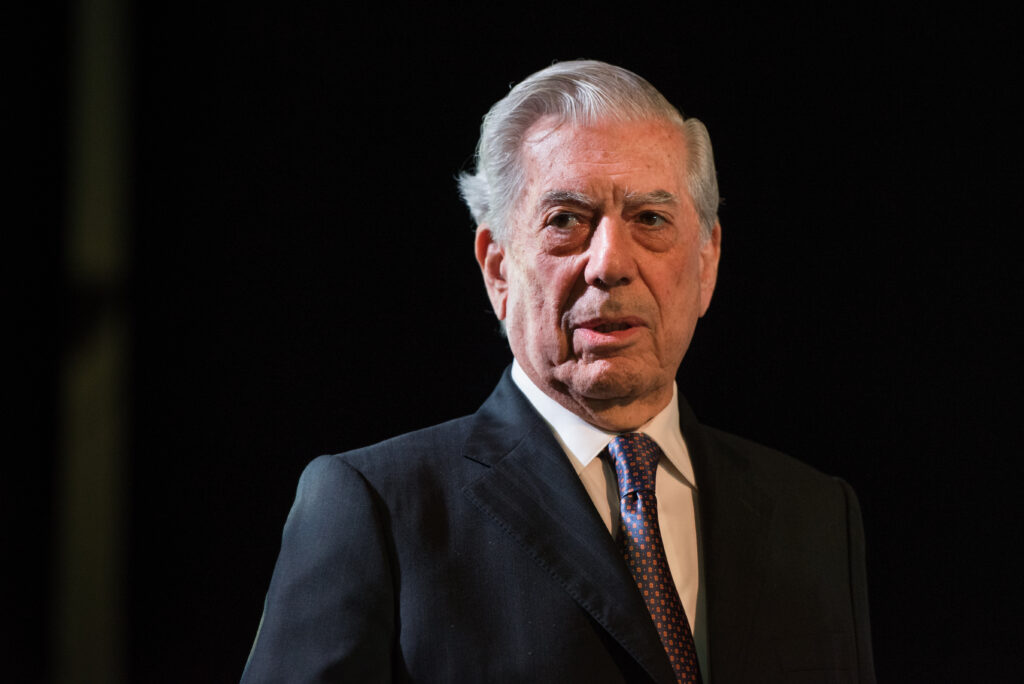Acclaimed Peruvian author Mario Vargas Llosa has died at the age of 89 in Lima. News of his death has sparked mourning across the globe. Peru responded by declaring a national day of mourning in tribute to its most celebrated writer. From readers to world leaders, many are remembering him not only as a literary legend but also as a moral voice of his time.
With novels like The Feast of the Goat and The City and the Dogs, Vargas Llosa changed the landscape of world literature. His bold storytelling and sharp insights earned him global respect and admiration.
A Nation in Mourning, a World in Grief
In Lima, people gathered quietly at libraries and public spaces to honor his memory. Flowers, candles, and handwritten notes filled the sidewalks. President Dina Boluarte called him “a national treasure” and encouraged the country to reflect on his powerful legacy.
Meanwhile, tributes poured in from across the world. Pedro Sánchez, Spain’s Prime Minister, described him as a “master of words” who helped readers make sense of a complex world. The Spanish Royal Family also expressed deep sorrow, recalling the cultural bridge he built between Latin America and Spain. In 1986, Vargas Llosa received the Prince of Asturias Prize, presented by King Felipe VI himself.
In Madrid, where Vargas Llosa lived for years, streets became gathering spots for fans. People shared memories, read passages from his novels, and left messages of gratitude such as “Gracias, maestro” and “You made us think.”
Literature That Spoke to the Soul
Throughout his career, Vargas Llosa used his pen to explore power, freedom, and justice. His fiction, essays, and columns pushed readers to ask hard questions. In each piece, he offered a fresh lens through which to view politics and society.
For decades, he wrote for newspapers like El País, where his columns challenged readers to think deeply. His writing was sharp but never cruel, firm yet fair. Importantly, he believed that writers had a duty to engage with the world and never stayed silent in times of crisis.
According to Darío Villanueva, a scholar and member of the Royal Spanish Academy, Vargas Llosa was “a brilliant critic, a generous friend, and a thinker with rare clarity.” He added that the writer brought honor to the Academy with his literary depth and sharp mind.
His Influence Stretched Beyond Borders
In addition to his creative work, Vargas Llosa promoted the richness of the Spanish language. He often celebrated literary giants like Gustave Flaubert and William Faulkner, whom he saw as key influences. His famous speech on Azorín, the Spanish novelist, remains required reading for many students.
Vargas Llosa’s reach extended far beyond bookshelves. He became a global figure who stood for intellectual freedom and human dignity. His work was translated into dozens of languages and earned him countless awards, including the Nobel Prize in Literature in 2010.
The Nobel committee praised his ability to map the “structures of power” and to defend “individual freedom.” Readers from all walks of life connected with his stories, which still resonate in classrooms and cafés around the world.
His Words Will Never Fade
Although the world has lost Vargas Llosa, his voice lives on through every word he wrote. His books continue to spark thought, inspire change, and give comfort to those searching for meaning.
Today, fans around the world are rereading his classics. Young writers say he gave them courage to tell their own stories. Teachers remind students that literature, when honest and brave, can shape the future.
Vargas Llosa may be gone, but his legacy is far from over. In truth, his words will speak for generations to come.
